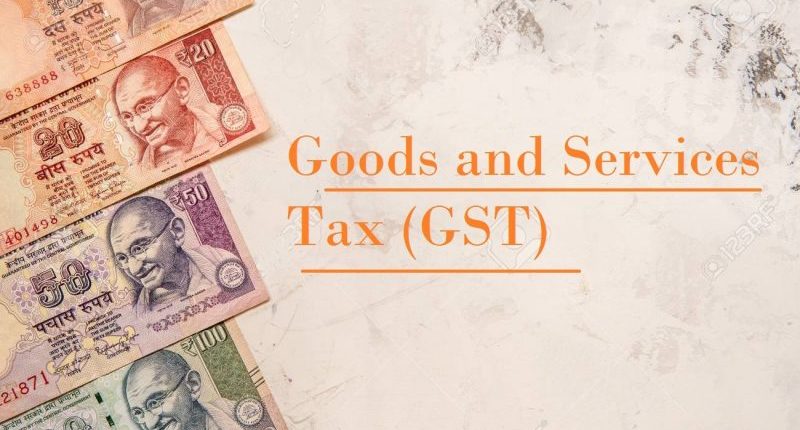The Central Board of Indirect Taxes and Customs (CBIC) has issued several GST notifications on the 3rd of April 2020, providing relief to all types of taxpayers. While doing so, one of the announcements for due date extension that put a more substantial blanket to cover various compliance has also listed down some exceptions.
The CGST Notification number 35/2020 dated the 3rd of April 2020 states that the time limit for completing any GST compliance gets extended if it falls due between the 20th of March 2020 and the 29th of June 2020. Such a time limit will be extended until the 30th of June 2020. We may refer to the duration between the 20th of March 2020 and the 29th of June 2020 as the relief period. The notification applies to any action to be taken by both the taxpayer as well as the tax officer under the GST law.
It gives an extension for the filing of an appeal, and replying or responding to any GST notice issued before the 20th of March 2020 where such time limit expires during the relief period. It also extends the last date for making an application or submitting a report or a document or filing of any GST return under the GST Act, which falls due during the relief period.
However, there is a list of exceptions given in the notification. It covers Chapter IV of the CGST Rules dealing with the determination of the value of supply to levy GST.
The provisions of the CGST Act such as sections 10(3), 25, 27, 31, 37, 47, 50, 69, 90, 122, and 129 are also kept out of the scope of date extension benefit. The need to keep some provisions under the exception list is understandable, whereas certain others may be challenging for people facing hindrances. These include the requirement of making an application for the GST registration while not being able to arrange for necessary documents or face intermittent network connectivity.
Sections 25 and 27 of the CGST Act deal with the GST registration process for regular taxpayers and casual taxable persons, respectively. It says that if any person is liable to obtain GST registration, then he must apply within thirty days from the date he turns liable for registration. The situations may be such that the annual turnover exceeds the prescribed threshold limit, or the registration is mandatory under section 24. This time limit may expire during the relief period leaving such persons with no option but to apply for registration online.
A casual taxable person and a non-resident taxable person may also approach the authority for a 90-day registration to supply specific goods/services based on GST payment made in advance. Such validity can be further extended by obtaining permission from the tax authority. In case the validity expires during the relief period, it may be difficult for applicants to arrange for some documents from other authorities. It is due to a high probability that the lockdown maybe getting extended by more days.
Section 10(3) addresses the composition scheme. It states that a person may become ineligible to continue under the scheme if his annual turnover exceeds the upper limit of Rs 1.5 crore (or Rs 75 lakh in some states) during the financial year. The regular provisions will apply from the next day onwards. Hence, if anyone expects that their aggregate annual turnover exceeds the specified amount during the relief period, then they cannot continue under the composition scheme until the 30th of June 2020. They must comply with the provisions applicable to regular taxpayers.
Also Read: Government to consider tax refunds for large entities
The extended time limit does not apply for issuing invoices or the e-way bills. The exception is justified for keeping the businesses operations intact during the relief period. Also, there is no grant of an overall extension to upload invoice information in form GSTR-1 within the 11th of every month. It is decided to allow up-to-date access to the GSTR-2A for other businesses functioning during the relief period. Still, the late fee has been separately waived off for any filing done after the due date but before the 30th of June 2020.
A similar move is made for GSTR-3B with interest applying for large taxpayers to a reduced extent in case of a fifteen-day delay. The rest of the provisions such as 47, 50, 69, 90, 122 and 129 are kept of scope to ensure discipline among the taxpayers during the relief period. These cover interest, late fee, penalty, confiscation, and the power to arrest to mention a few.
Hence, trade and businesses must be made aware of these exceptions, notably the GST registration, and ineligibility under the composition scheme. Otherwise, any delay in their actions can result in penalties.
For any clarifications/feedback on the topic, please contact the writer at annapoorna.m@cleartax.in
Annapoorna, popularly known as Anna, is an aspiring Chartered Accountant with a flair for GST. She spends most of her day Singing hymns to the tune of jee-es-tee! Well, not most of her day, just now and then.





